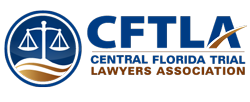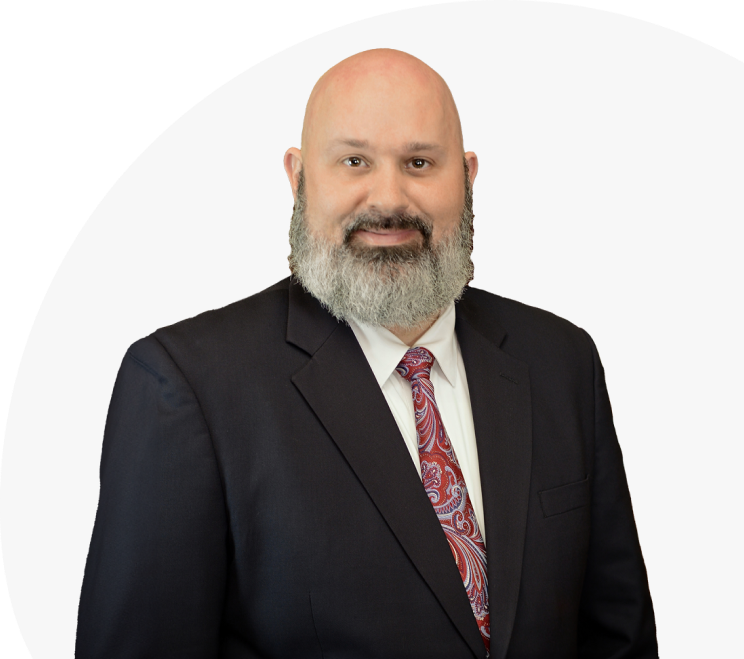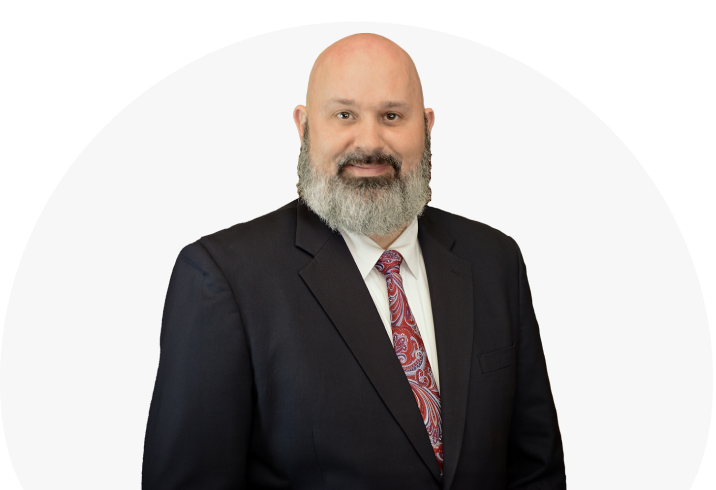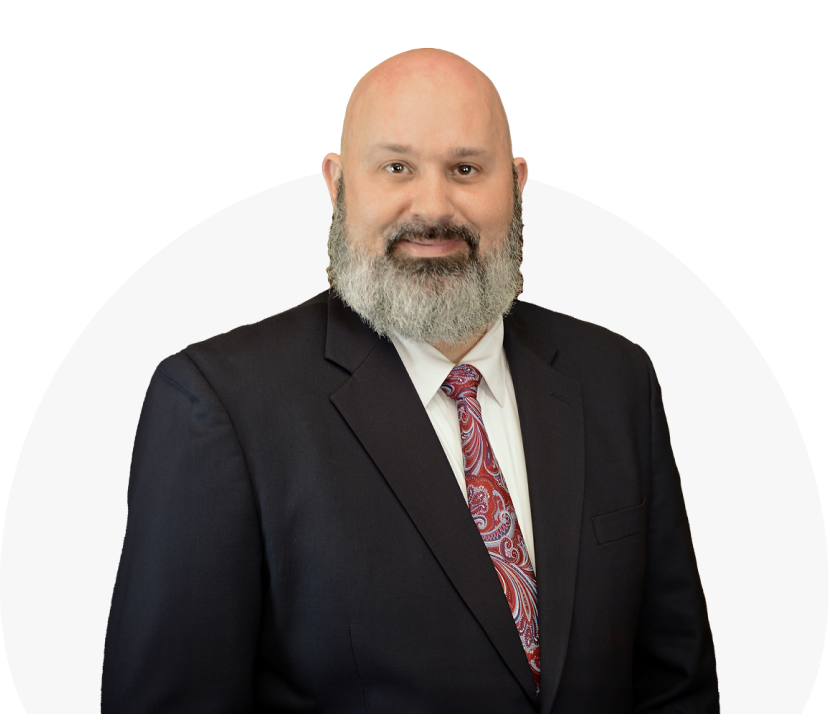Central Florida, FL Premises Liability Attorney
You probably don’t think about it, property owners have obligations to keep their property safe. This includes the land and the buildings on the land. Depending on whether the premises is a business or residential, local, state and federal laws provide certain obligations to the property owners. If a property owner doesn’t keep his or her property safe, people could suffer from serious personal injuries. If you are suffering from an injury you received on someone’s property, contact The Law Office of Jerry Jenkins, P.A. for a consultation.
Examples of Premises Liability Cases
Premises liability is a catch-all for many types of personal injury cases. The attorney you choose should have experience in the type of case you have. In some cases, you may not be able to recover from the owner of the premises if you are committing a crime, i.e., trespassing. Common premises liability cases include:
- Slip or trip and fall: If the hazard was known by the premises owner or manager and not taken care of, the establishment could be liable. For example, if someone spilled liquid on the floor and it was not cleaned up in a reasonable time, the person that slipped and fell could have a claim.
- Disease hazards: Employers must protect employees from chemicals that could cause disease. For example, if it is known that a chemical causes cancer and the employer continues to force employees to use that chemical, the employer could be held liable.
- Accidents on staircases, escalators, and elevators: Tripping and falling or otherwise getting injured or dying because of defective equipment or steps may cause the property owner liability.
- Fire hazards: Property owners must keep the premises free from fire hazards such as piled up brush, bad electrical in buildings, explosives stored on the property and other fire hazards.
- Negligent security: Business owners have a duty to provide appropriate lighting and other security measures to businesses, even if they are not open at night.
- Product injury: If a property owner has products on his or her premises that injure or kill those who have permission to be on the property, the property owner might be liable for the injuries or death.
- Defective sidewalks: Property owners are responsible for the sidewalks on their property. They must be kept in good repair. City or county sidewalks must also be kept in good repair by the government entity responsible for the infrastructure.
- Dog and animal bites: A property owner is liable for his or her dog if it bites. However, if the person who is bitten caused the dog to bite, that person shall share in the liability of the bite. In order to recover, the person must be lawfully on the dog owner’s property.
- Swimming pool accidents: Pools must be fenced and gated, preferably with a locked gate on public or private premises. Property owners are liable for swimming pool accidents resulting in injuries or death. Public pools should have a lifeguard to enforce rules of the pool and to ensure that everyone in or around the pool is safe.
- Poor maintenance of grounds and buildings: If someone is hurt because the grounds or buildings have dangers such as holes, weak floors, falling ceilings, and other structural issues, the property owner is liable for injuries or death.
In some cases, a property owner may not be liable for injuries or death. If a person is not invited onto a property, the owner may not be liable. For example, a mall or a grocery store “invites” the public because it is open to the public. However, a private residence has no such “open invite” and those who are trespassing may be held partially or fully liable for their own injuries or death, depending on the circumstances.
Damages Available for Premises Liability Cases
Damages are divided into three categories: economic damages, non-economic damages, and punitive damages. The last category is seldom awarded in premises liability cases unless the plaintiff is able to prove gross negligence against the defendant. In most cases, we will be dealing with insurance companies, even if the premises was a private residence. Businesses have to have business insurance and most homeowners have homeowners’ insurance to cover claims.
Economic Damages
Think of these damages as reimbursing you for the money you lost because of your injury or the death of a loved one. Medical bills are just a part of the economic damages you might recover from a premises liability lawsuit. Damages include:
- Medical costs: Current bills from medical professionals that treated and/or cared for your injuries. Future medical damages are also included in this category. If your injury was catastrophic, you may have long-term or permanent damage, which could mean therapy and additional medical care. Medical devices such as wheelchairs, shower chairs, walkers and other devices are also included, as are prescriptions.
- Loss of income: You could be paid for the income you lost because of your injuries. You could also be paid for loss of future income if the injury is long-term or permanent and you cannot work or you cannot work at your regular job and have to take a job that pays lower.
- Mileage: You may be able to recover costs for the miles you drive to the hospital and doctors’ offices.
- Miscellaneous out-of-pocket expenses: As long as the out-of-pocket expenses are related to the injury you suffer from, they may also be reimbursed through a damages claim.
Non-Economic Damages
You could also get damages for items that do not have a direct financial impact as long as the issue is related to the injury you are suffering from. In some cases, non-economic losses exceed economic losses. These include:
- Pain and suffering: In addition to the initial pain and suffering, some injuries could cause pain for many years down the road. These might include back injuries, spinal cord trauma or even some brain injuries.
- Emotional trauma: Depending on the circumstances, you could suffer PTSD or other emotional trauma because of another person’s or entity’s actions. Emotional trauma may affect your ability to live and work with others. More information about trauma and sexual assault located here.
- Scarring and disfigurement: If your injuries caused you to have scars or disfigured you, you are also entitled to additional compensation.
- Loss of companionship: If your injuries create an inability to provide for your family and to do the things you normally would have done, including housework, yard work or even going out for a hike with your family, you may be entitled to additional compensation.
- Loss of enjoyment of life: If you can no longer do the things you once enjoyed, including hobbies, you may be entitled to additional compensation.
- Loss of consortium: If you are no longer able to have a sexual relationship with your partner, you may be entitled to additional compensation.
Punitive Damages
Punitive damages are reserved for those who are grossly negligent in their actions or inactions. This type of damage is usually awarded to an injured plaintiff as a punishment to the defendant. It is more common to see punitive damages awarded in cases where someone was driving under the influence or driving while texting. But, if you are able to prove that the defendant purposely and maliciously caused the damage, you may be entitled to punitive damages.
For example, the defendant has a vicious dog. The defendant usually puts the dog up when you are invited over. However, the defendant is not happy with you for some perceived reason. The defendant invites you over and then lets the dog out, knowing the dog will attack you, and tells the dog to attack you. You will have to show that the defendant willfully caused your injuries in order to win an award for punitive damages.
Wrongful Death and Premises Liability
Sometimes, injuries from a premises liability case could cause death. Or, the accident may result in instant death. Types of premises liability incidents that could cause death include negligent security and occupational disease. Falls, animal bites and other types may also result in death, but it’s not common. If an occupational disease is caused by exposure to chemicals, radio frequency or other dangerous substances, the disease could cause death. The statutes dictate that you may settle or sue for deaths that happen within certain time frames if the disease causes death.
Comparative Fault and Non-Party Fault in Florida
In Florida, if you were partially at fault for your injuries, you could also be held liable. You may still settle or sue for damages but you will get less compensation based on the percentage of fault assigned to your actions.
Also, if the defendant believes another person is at fault, the defendant must plead the fault of the non-party, show good cause or name or describe the non-party. It is not up to you to prove whether the non-party was partially at fault for your injuries—it is up to the defendant to prove this.
Non-party fault is common in products liability cases. A plaintiff may sue the defendant for injuries caused by a product. The defendant may then add another party, for example, the manufacturer of the part if the plaintiff hasn’t done it in his or her petition.
If you think you might be partially at fault for an accident, do not admit to fault. Discuss your actions with your attorney and no one else. The attorney will be able to tell you if you might be partially liable. Keep in mind that the defendant will try to show that you are partially liable, but he or she has to show good cause as to why you might be partially liable.
Why You Shouldn’t Try to Settle a Premises Liability Suit Yourself
As with most personal injury cases, you are probably going to be dealing with at least one insurance company. Insurance companies, even your own, are out to make a profit. Thus, they will settle a case for as little as possible. Once you sign that settlement document, you won’t be able to go back and get more money if additional injuries manifest sometime later. A premises liability attorney will help you through the steps of the settlement process to ensure you get a fair settlement. If the insurance company does not want to offer a fair settlement, especially if you have long-term or permanent disabilities due to the incident, we are prepared to take your case to court.
I Can’t Afford a Premises Liability Attorney
Do not hesitate to contact our office as soon after the accident as possible. We offer free consultations and we handle most cases on a contingency basis. Fees and costs are recovered from your settlement. Florida limits the time you are able to file a lawsuit. If you want time to attempt a settlement, the sooner your contact us, the better. That gives us time to file a lawsuit if the insurance company doesn’t offer a fair and reasonable settlement.
Additionally, you are more apt to remember the facts about your case if you relate the issues to us sooner rather than later. If you are in the hospital recovering and are able, call us from the hospital. You may also have a relative contact us on your behalf.
If your loved one died as a result of a premises liability accident, contact our office immediately. We also handle wrongful death cases associated with premises liability cases.
Contact The Law Office of Jerry Jenkins, P.A.
If you have been injured or a loved one has been killed in a premises liability case, contact The Office of Jerry Jenkins, P.A. at 407-287-6757 to schedule a free consultation as soon as possible. We will review your case and advise you of your rights. Even if you are still recovering in the hospital, contact us to discuss your case. We may do a telephonic consultation or visit with you in the hospital if you do not think you are going to be released soon.





